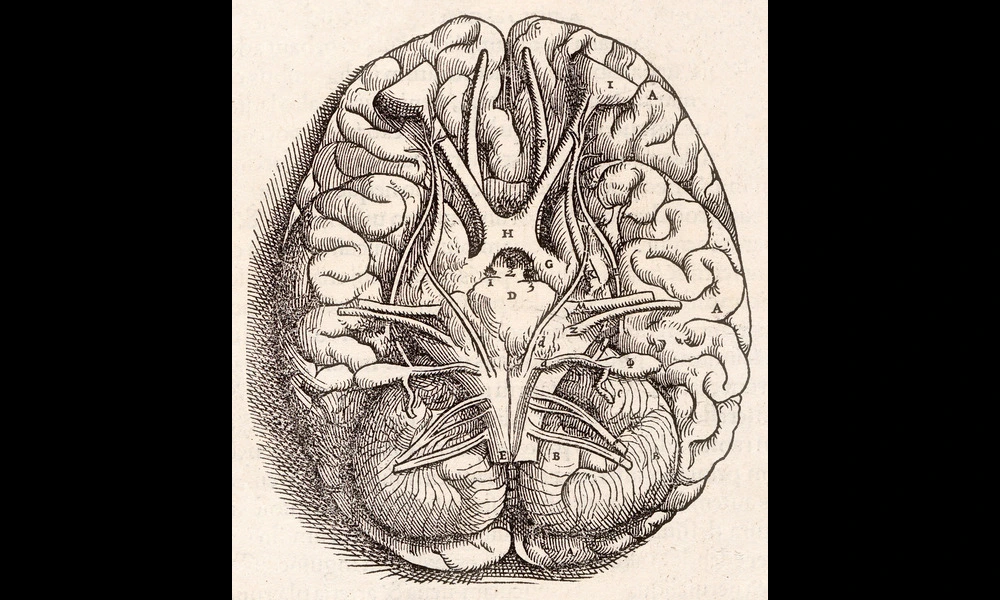Holistic Face Processing in Humans
Published on Fri Aug 11 2023 CCT - Comissão de Ciência, Tecnologia, Inovação, Comunicação e Informática | Agência Senado on Flickr
CCT - Comissão de Ciência, Tecnologia, Inovação, Comunicação e Informática | Agência Senado on FlickrA recent preprint paper titled "Two faces of holistic face processing: Facilitation and interference underlying part-whole and composite effects" explores the concept of holistic face processing, which is the ability to process multiple facial features together. Faces are incredibly similar to each other, yet we are able to effortlessly recognize and extract details from hundreds of faces. This efficiency is thought to be driven by holistic processing, which is a hallmark of face perception.
The paper focuses on three popular tasks used to measure holistic processing: the part-whole task (PW), the standard composite task (SC), and the complete composite task (CC). These tasks have been widely used to study various topics related to face perception. However, conflicting results have been obtained across these tasks, and there has been a lack of correlation between the holistic effects measured in PW and those in SC or CC.
The researchers propose that these tasks may actually measure two aspects of holistic face processing: facilitation and interference. Facilitation occurs when consistent information is present, aiding identification of facial features. On the other hand, interference occurs when inconsistent information is present, impairing the matching of identical facial features. The researchers investigate whether the holistic effects measured in PW and SC are specifically related to the facilitation and interference effects measured in CC, respectively.
The results show that robust holistic effects were observed in all three tasks. However, the holistic effects in PW were only correlated with facilitation, while the holistic effects in SC were only correlated with interference. These findings suggest that the two components of holistic processing, facilitation and interference, may be differentially related to the holistic effects measured in PW and SC.
This study highlights the importance of studying holistic face processing in terms of facilitation from consistent information and interference from inconsistent information. By understanding these two aspects and their relationships across different tasks, the researchers hope to provide a clearer understanding of holistic face processing and resolve some of the mixed findings in the literature. This research has implications for the fields of perceptual and cognitive development, perceptual expertise, and clinical cases with face processing deficits.



